The European Union's decision to phase out palm oil in biofuels by 2025 has sent ripples through the global food industry. While the regulation primarily targets energy applications, its implications extend far beyond, forcing food manufacturers to confront a complex web of economic, environmental, and technical challenges. The move comes amid growing concerns over deforestation and biodiversity loss linked to palm oil production, particularly in Southeast Asia.
For decades, palm oil has been the workhorse of the food industry. Its unique properties – high melting point, long shelf life, and cost-effectiveness – made it nearly irreplaceable in products ranging from chocolate to instant noodles. The EU's stance, however, has accelerated what was already a gradual shift away from this controversial ingredient. Food companies now face the daunting task of reformulating thousands of products without compromising quality or affordability.
The search for alternatives has become an urgent priority for R&D departments across Europe. Sunflower, rapeseed, and coconut oils are emerging as frontrunners, each bringing its own set of advantages and limitations. Rapeseed oil, for instance, offers similar functionality but comes with a higher price tag and different nutritional profile. Coconut oil, while popular in organic products, raises its own sustainability concerns and lacks the neutral flavor that made palm oil so versatile.
Supply chain disruptions represent another critical challenge. Many food manufacturers have built their entire production processes around palm oil's specific characteristics. Switching to alternatives requires not just new recipes, but potentially new equipment and manufacturing protocols. Smaller companies, in particular, may struggle with the capital investments needed for this transition. Some industry analysts predict a wave of consolidation as larger firms with deeper pockets absorb smaller players unable to adapt quickly enough.
The regulatory landscape adds another layer of complexity. While the EU's decision focuses on biofuels, several member states have signaled their intention to extend restrictions to food applications. This patchwork of potential regulations creates uncertainty for multinational companies operating across different European markets. Trade associations are pushing for clearer guidelines and longer transition periods to allow for smoother adaptation.
Consumer perception plays a crucial role in this transition. The "palm oil-free" label has become a marketing advantage in many European markets, with some brands using it prominently on packaging. However, this trend risks oversimplifying a complex issue. Not all palm oil is produced equally – sustainable certification programs like RSPO (Roundtable on Sustainable Palm Oil) have made significant progress in recent years. Some industry voices argue that supporting sustainable palm oil production might be more effective than outright bans.
Emerging technologies could offer unexpected solutions. Biotechnology startups are working on lab-grown alternatives that mimic palm oil's molecular structure without the environmental impact. While still in early stages, these innovations could eventually provide a drop-in replacement that requires minimal changes to existing production lines. Other companies are exploring completely new approaches to food formulation that eliminate the need for such oils altogether.
The global nature of the palm oil trade means that the EU's decision will have far-reaching consequences. Major producing nations like Indonesia and Malaysia have already threatened trade retaliation, raising the specter of broader economic tensions. Meanwhile, there are concerns that reduced European demand might simply divert palm oil to other markets with less stringent environmental standards, potentially worsening deforestation elsewhere.
For food manufacturers, the path forward requires balancing multiple competing priorities. Cost considerations cannot be ignored, but neither can consumer demand for sustainable products. The technical challenges of reformulation must be weighed against the need to maintain product quality and consistency. Companies that navigate this transition successfully will likely emerge with stronger sustainability credentials and more resilient supply chains.
The coming years will test the food industry's capacity for innovation and adaptation like never before. What begins as a response to regulatory pressure could ultimately drive a broader rethinking of how food products are designed and manufactured. The palm oil phase-out may well be remembered as a turning point that accelerated the industry's shift toward more sustainable practices – provided companies can find viable alternatives that satisfy both environmental concerns and practical business needs.
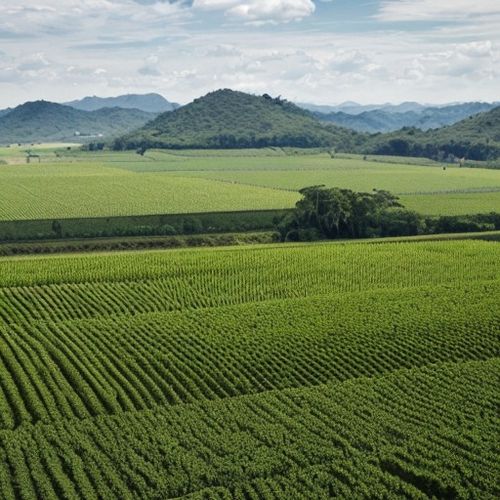
By Jessica Lee/Apr 9, 2025
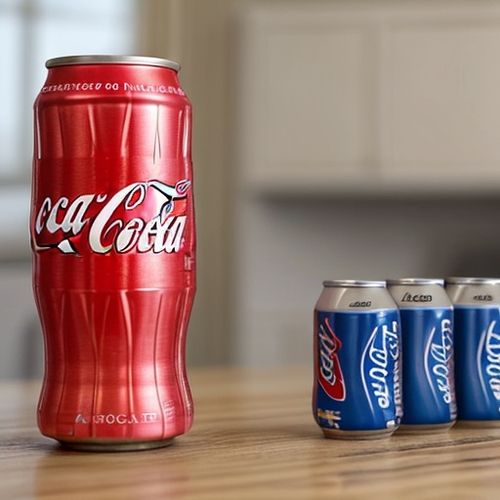
By Eric Ward/Apr 9, 2025
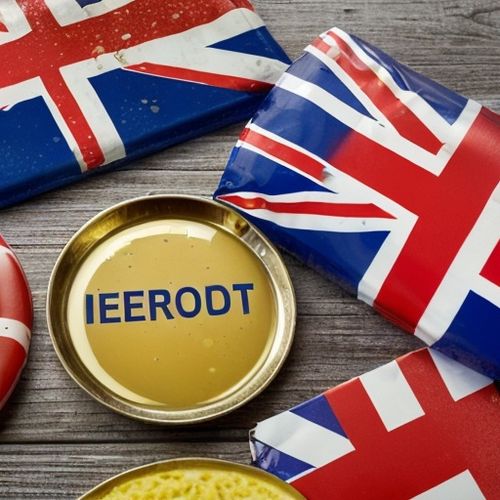
By Grace Cox/Apr 9, 2025
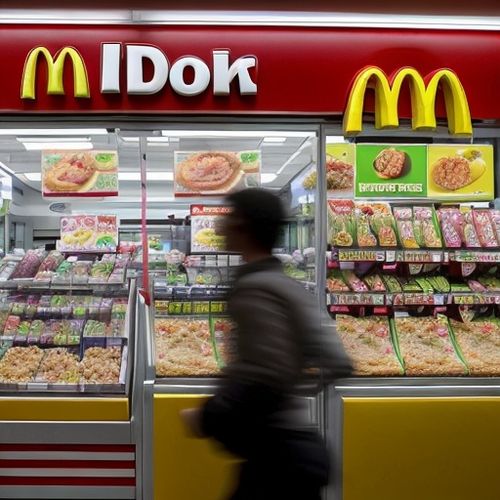
By Joshua Howard/Apr 9, 2025

By Noah Bell/Apr 9, 2025

By Natalie Campbell/Apr 9, 2025
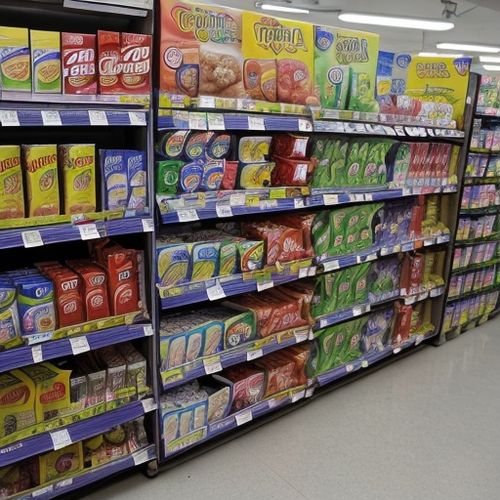
By Grace Cox/Apr 9, 2025

By Emma Thompson/Apr 9, 2025
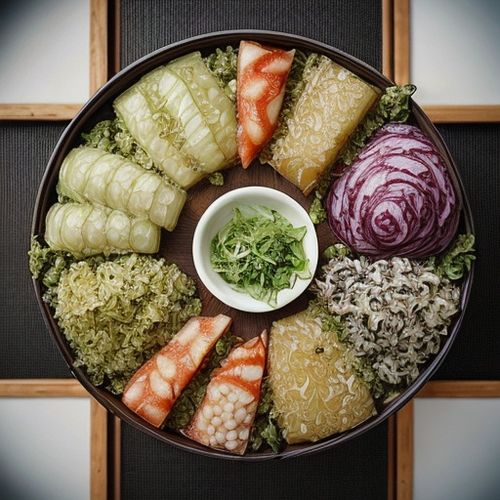
By James Moore/Apr 9, 2025

By Daniel Scott/Apr 9, 2025

By Victoria Gonzalez/Apr 9, 2025

By Noah Bell/Apr 9, 2025

By Ryan Martin/Apr 9, 2025
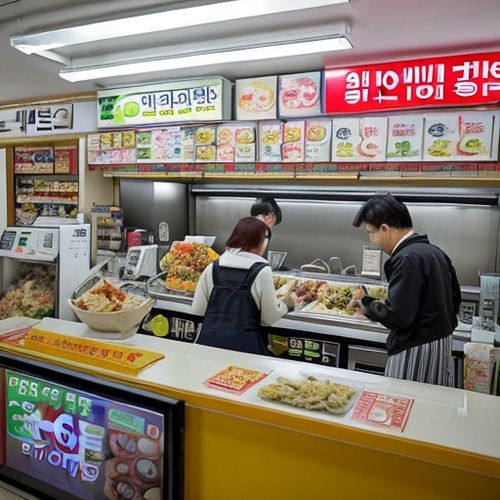
By Emma Thompson/Apr 9, 2025

By Emma Thompson/Apr 9, 2025
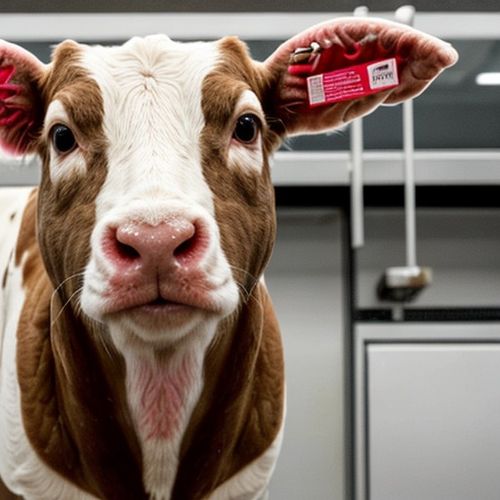
By Daniel Scott/Apr 9, 2025

By Christopher Harris/Apr 9, 2025
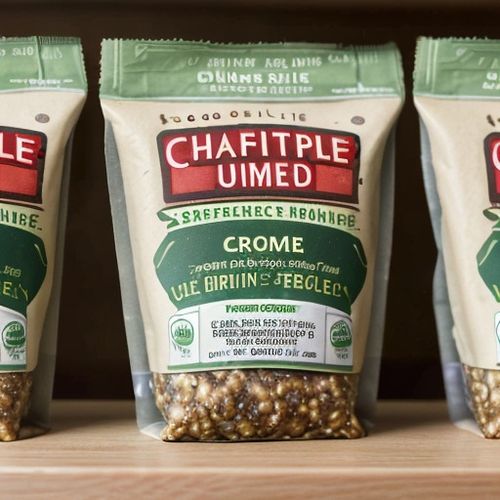
By Joshua Howard/Apr 9, 2025